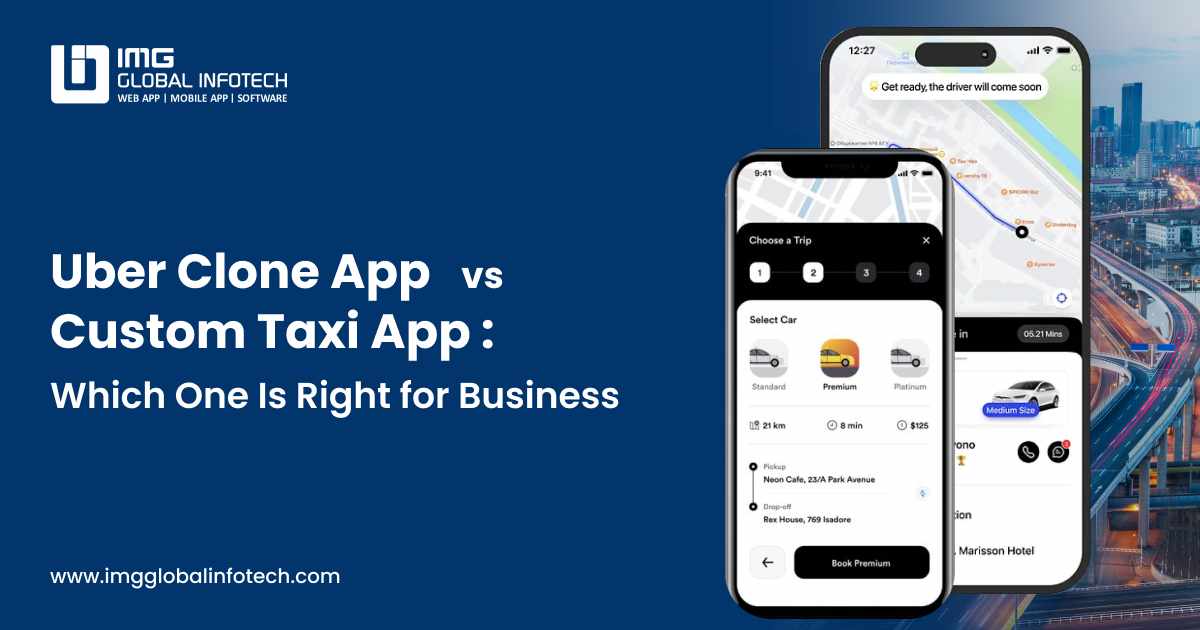
The ride-hailing industry has seen rapid transformation with mobile technology reshaping how people commute. If you're planning to launch your taxi booking app, you're likely facing a key decision early in the development process: Should you go with an Uber clone app or build a custom taxi app from scratch?
Each approach has its benefits, limitations, and implications for your business. In this article, we’ll break down the pros and cons of both options to help you choose the right one for your goals, timeline, and budget.
What is an Uber Clone App?
An Uber clone app development is a ready-made solution that replicates the core features and user experience of Uber. It typically includes passenger and driver apps, an admin panel, payment integrations, geolocation tracking, and ride management—all pre-built and customizable.
Advantages of Uber Clone Apps
Quick Deployment: Get your app up and running in weeks rather than months.
Cost-Effective: Lower initial development costs compared to building from scratch.
Tested Features: Built-in features already proven successful in the market.
White-Label Options: You can add your own branding and make minor adjustments.
Limitations
Limited Customization: Modifying core functionality can be difficult or expensive.
Scalability Issues: Clone apps may not handle rapid scaling or complex business models.
Generic UX/UI: Might not provide a unique brand experience for your customers.
What is a Custom Taxi App?
A custom taxi app development is developed from the ground up to meet your specific business needs, branding, workflows, and user preferences. Everything from the design to backend infrastructure is built to fit your vision.
Advantages of Custom Taxi Apps
Tailored to Your Business: Features, logic, and workflows match your operations precisely.
Unique Branding & Design: You have complete control over the user experience.
Scalable Architecture: Built with future growth, performance, and integrations in mind.
Competitive Edge: Stand out from competitors with innovative features like AI pricing, loyalty rewards, or electric vehicle options.
Limitations
Higher Development Cost: Requires more investment in design, development, and testing.
Longer Time to Market: Development can take 4–6 months or more, depending on complexity.
Requires a Tech Team: Needs expert developers, UI/UX designers, and QA testers.
Uber Clone vs. Custom Taxi App – Feature Comparison
Feature Uber Clone App Custom Taxi App
Time to Market 2–4 weeks 3–6 months
Cost Low Moderate to high
Customization Limited Fully Customizable
Scalability Limited Highly Scalable
Branding Basic (White-label) Fully Branded
Unique Features Not Always Completely Customizable
Which One is Right for Your Business?
Choose an Uber Clone App if:
You're a startup with limited budget and want to test the market.
You need a quick launch with essential taxi booking features.
You’re operating in a smaller city or niche market with standard ride-hailing needs.
Choose a Custom Taxi App if:
You have a unique business model or complex operational workflow.
You want to differentiate your brand with innovative features.
You aim to scale rapidly and serve multiple cities or countries.
You’re building a long-term business with high user expectations.
Final Thoughts
Both Uber clone apps and custom taxi booking apps have their place in the ride-hailing industry. If you're testing the waters or working with a tight budget, a clone app offers a fast, affordable way to launch. However, if you’re aiming for long-term success, greater flexibility, and a unique brand presence, investing in a custom solution is the smarter choice.
At IMG Global Infotech, we offer both clone-based and fully custom taxi app development services to match your vision and budget. Whether you're launching your first ride-hailing business or scaling an existing one, we’ve got the expertise to bring your idea to life.

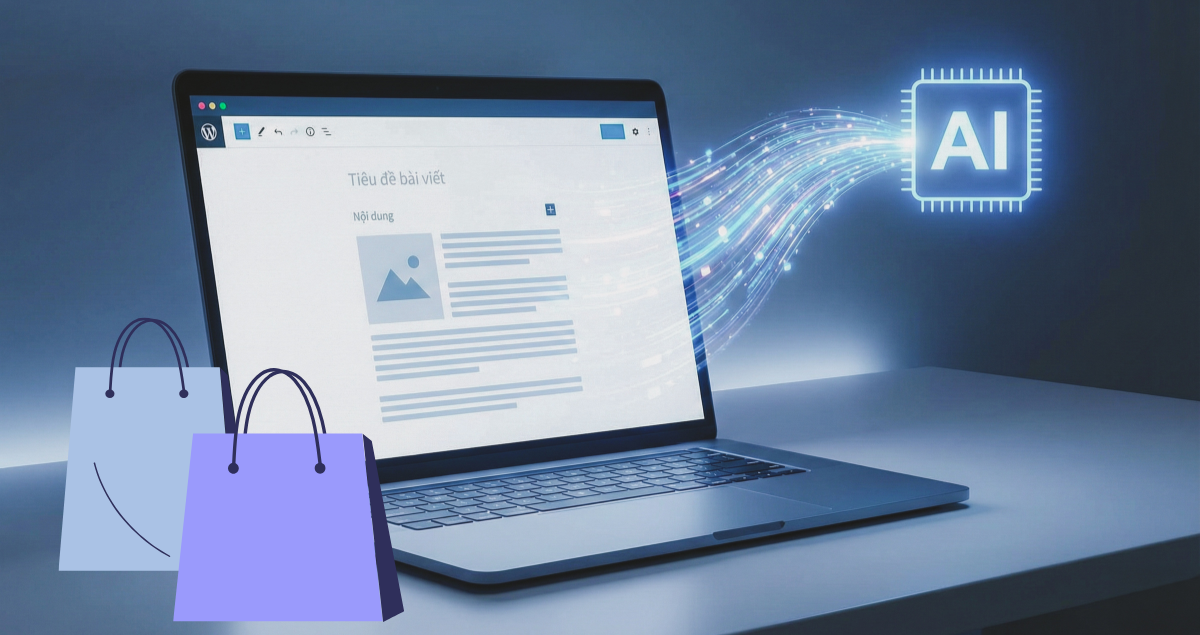
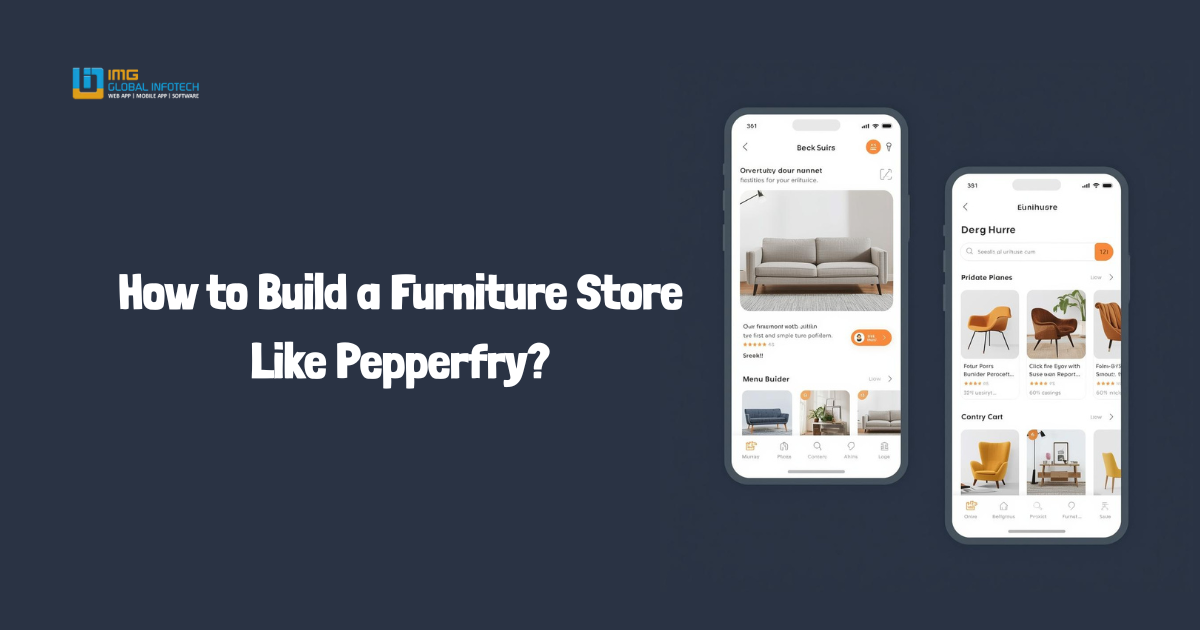
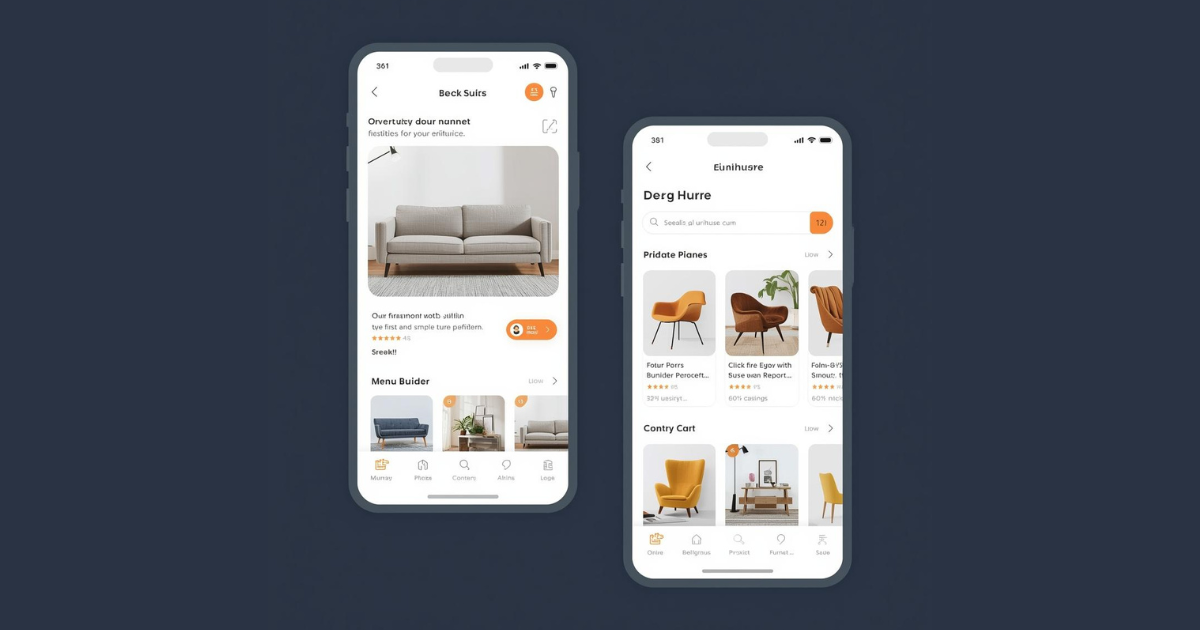

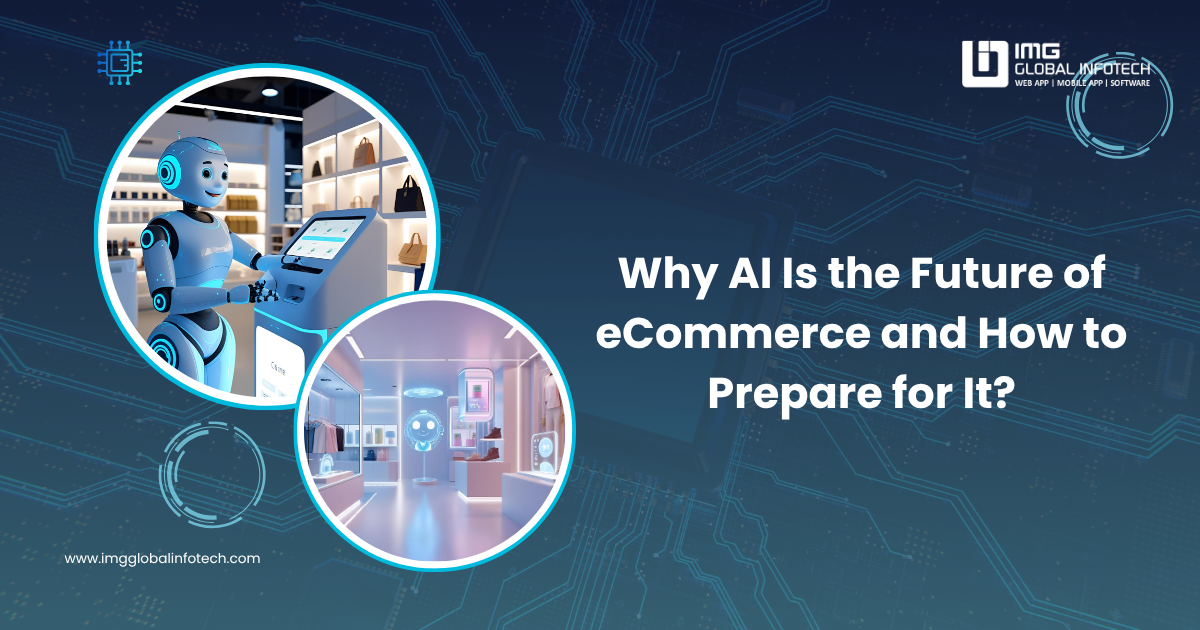





Write a comment ...